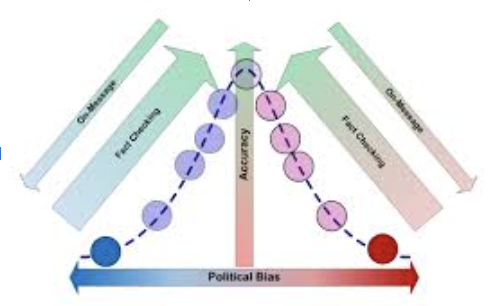Previously published Dec. 17, 2020
It was 1:30 AM on a school night. I had just finished a few assignments and decided to play my go-to Spotify playlist while brushing my teeth and preparing to sleep. It’s now 2:15 AM, and I was still hearing the chorus from Eight by IU tauntingly looping in my head. Ugh. Apparently there’s a name for this irritating commonplace phenomenon: earworm syndrome.
“Earworms” are spontaneous recall and repeating of a tune in one’s mind and, according to musical psychologist Jakubowski and her colleagues, are triggered most commonly by recent musical exposure and one’s emotional state. For instance, you are most likely to fall prey to an earworm when you are stressed and recently played a song associated with good memories Also, those with musical backgrounds tend to be more susceptible to earworms.
What becomes an earworm? One day, I’ll have the happy birthday song stuck in my head, and the next day it’ll be Toxic by Britney Spears. Very random. However, it appears that certain songs are statistically catchier than other songs. The catchiest tunes on the UK charts between 2010 and 2013 were “Bad Romance” by Lady Gaga, “Can’t Get You Out Of My Head” (ahaha, this is so ironic) by Kylie Minogue, and “Don’t Stop Believin’” by Journey. These songs tend to be “faster and simpler in musical contour” or had unique intervals that made the song stand out.
Here’s the million dollar question: how do you get rid of an earworm? Apparently, passively accepting it is better than intentionally trying to block it out. A strong resistance to the song may actually trigger your brain to keep playing it over and over again. In most cases, earworm syndrome is benign and can even be pleasant; however, if it’s causing overwhelming distress or inducing migraines, they may be linked to serious mental disorders like OCD and psychotic syndromes.
Here’s to hoping the lovely readers of the Quill don’t get a song they don’t know the name of stuck in their head.
Sources:

















![Teacher [Milk] Tea: Part 2](https://bisvquill.com/wp-content/uploads/2024/03/Screen-Shot-2024-03-19-at-9.28.48-PM.png)







































